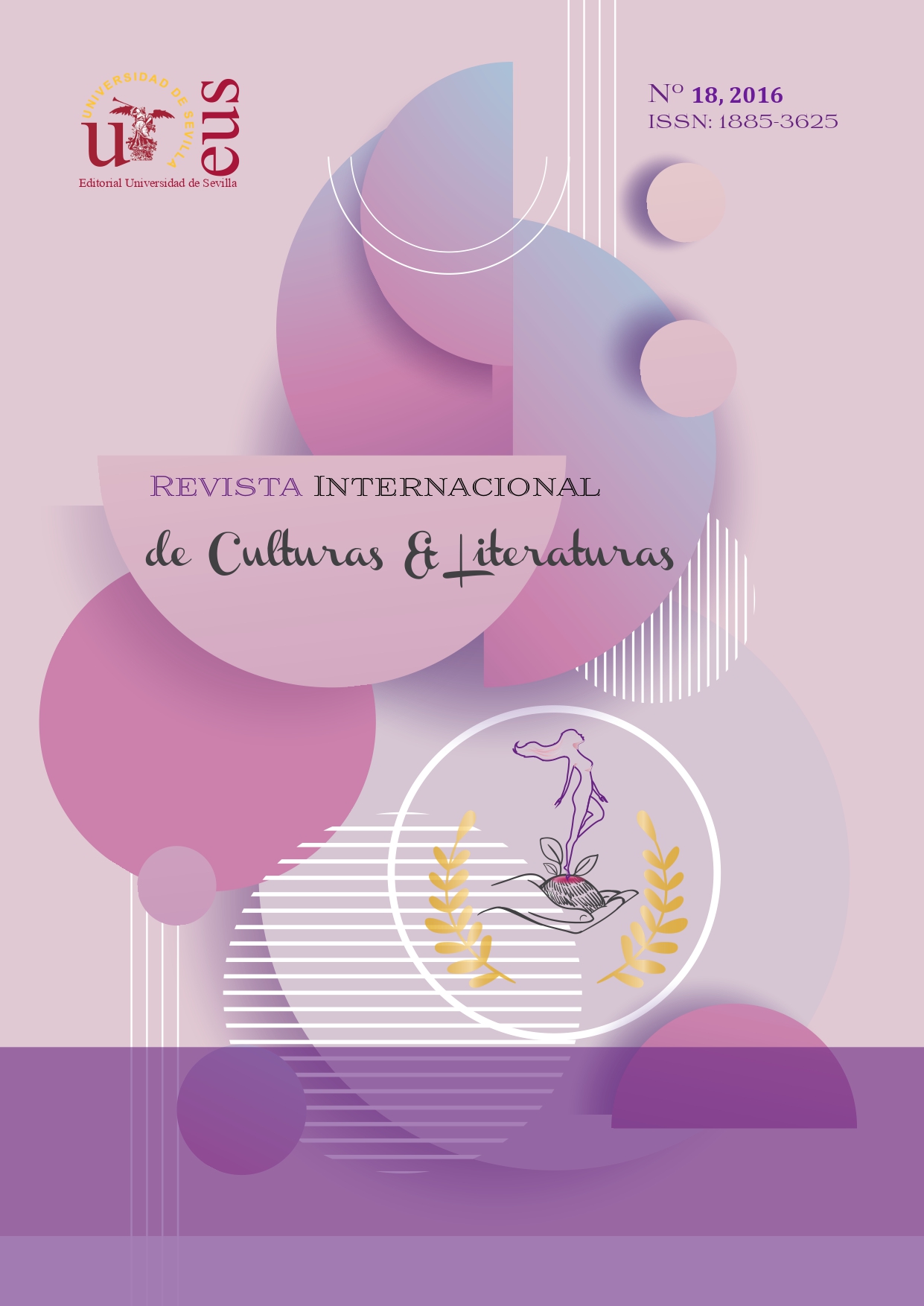MORGANA, ARTURO'S EVIL / ABUSED SISTER
Keywords:
Ginebra, Morgana, matriarcado, diosa, Rosalind MilesAbstract
The English writer Rosalind Miles in her book Geneva, the first book of the trilogy of the Arthurian saga together with Lanzarote, the knight of the Sacred Lake and Galahad, the son of the Holy Grail, proposes to analyze the role of Morgana and Geneva and the dichotomy that occurs between the pagan traditions defended by both against the expansion of Christianity represented by Arthur and Merlin. A large part of the Arthurian matter novels emphasize the androgynous vision of society. However, the author, through the trilogy, exposes a totally different version of the role of the female characters. The women who show us the works, specifically the one that concerns us, are strong, independent and not subject to the designs of man and through her Rosalind Miles will provide us with a new feminine perspective of the Arthurian myth.Downloads
References
Agacinski, S., Política de sexos, Madrid, Editorial Taurus, 1999.
Alvar, C., El rey Arturo y su mundo. Diccionario de Mitología Artúrica. Madrid, Alianza Editorial, S. A., 1991.
Beteta Martín, Y., “Las heroínas regresan a Ítaca. La construcción de las identidades femeninas a través de la subversión de los mitos”, Investigaciones Feministas (2009), vol 0, pp. 163-182.
Beteta Martín, Y., “Reescribir en femenino. La reelaboración del mito artúrico en Las Nieblas de Avalón de Marion Zimmer Bradley”, EPOS, XXV (2009), pp. 197-214.
Campbell, J., Las máscaras de Dios: mitología primitiva, Madrid, Alianza Editorial, 1991.
Díez Celaya, R., La mujer en el mundo. Perspectiva antropológica. Visión histórica. La insurgencia feminista. El feminismo en el siglo XX. La tradición y las costumbres. El trabajo. La violencia. Madrid, Acento Ediciones, 1997.
Dunn Mascetti, M., Diosas, La canción de Eva, el Renacimiento del culto a lo femenino, Barcelona, Editorial Malsinet, 2008.
Gracia Noriega, J. Ignacio, El reino mágico de Arturo, Madrid, La Esfera de los Libros, S.L., 2009.
Fernández Guerrero, O., “El hilo de la vida. Diosas tejedoras en la mitología griega.” Feminismo/s, Universidad Nacional de Educación a Distancia (La Rioja), (2012), pp. 107-125.
Gimbutas, M., Dioses y Diosas de la Vieja Europa, 7000-3500 a. C., Madrid, Editorial Siruela, 2014.
Harf-Lancner, L., Les Fées au Moyen Âge. Morgane et Mélusine. La naissance des fées, Paris, Editions Champion, 1984.
Harf-Lancner, L., Le monde des Fées dans l’occident médiéval, Paris, Hachette Littératures, 2003.
Matthews, J., Los misterios de la tradición artúrica, Madrid, Ediciones Temas de Hoy, 1992.
Miles, R., Ginebra, la Reina del País del Verano, New York, Crown Publishers, 1999.
Posadas, C., Courgeron, S., A la sombra de Lilith, Barcelona, Editorial Planeta, 2004.
Rodríguez, P., Dios nació mujer, Barcelona, Ediciones Barcelona, 1999.
Van Gennep, A., La formación de las leyendas, Barcelona, Editorial Alta Fulla, 1982.
Zarandona, J. Miguel, Cuaderno de Camelot. Cultura, literatura y traducción artúrica. Soria, Ediciones de la Excma. Diputación Provincial de Soria, 2002.

